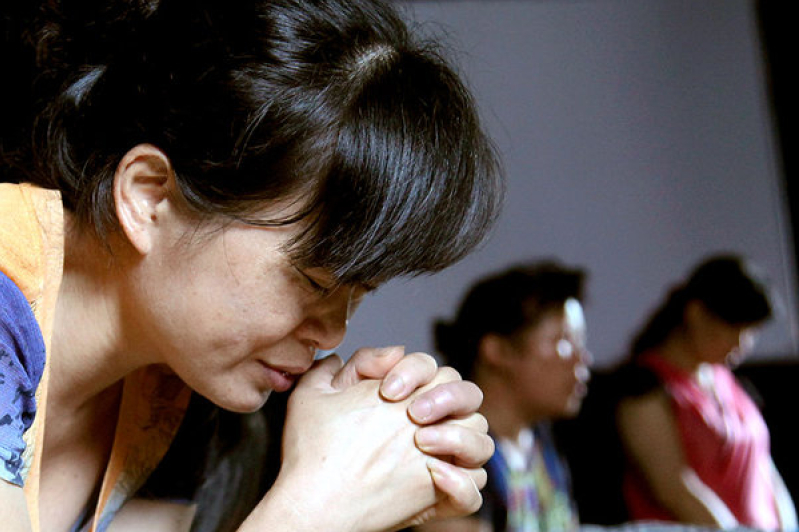
Despite increasing persecution, China is in the grip of "one of the world's great spiritual revivals" that shows no signs of slowing down, says a Pulitzer-prize winning author.
In an op-ed for The Atlantic, Ian Johnson contends that China is experiencing an "explosion of faith."
"The decades of anti-religious campaigns that followed the 1949 communist takeover are giving way to a spiritual transformation-and among the fastest-growing drivers of that transformation are unregistered churches," the author of The Souls of China: The Return of Religion after Mao writes.
These unregistered churches, he says, have "become surprisingly well-organized, meeting very openly and often counting hundreds of congregants."
"They've helped the number of Protestants soar from about one million when the communists took power to at least 60 million today," he writes.
Johnson, who spent six years exploring the "values and faiths of today's China", explains that the persecution China's Christians experience at the hands of the Communist government hasn't deterred church growth.
"Any casual visitor to the country can tell you that the number of churches, mosques, and temples has soared in recent years, and that many of them are full," Johnson writes.
"While problems abound, the space for religious expression has grown rapidly, and Chinese believers eagerly grab it as they search for new ideas and values to underpin a society that long ago discarded traditional morality."
In a separate interview, Johnson explained that Christianity is growing in the country because people are looking for new moral guideposts or "some sort of moral compass to organize society.
"So they are turning to religion as a source of values to help reorganize society," he said. "Hundreds of millions of Chinese are consumed with doubt about their society and turning to religion and faith for answers that they do not find in the radically secular world constructed around them."
Johnson's findings echo those of Fenggang Yang, a professor of sociology at Purdue University and author of Religion in China: Survival and Revival under Communist Rule. Last year, Yang told The Telegraph that the number of Christians in Communist China is growing so steadily, that by 2030, it could have more churchgoers than America.
Similarly, a 2016 report from persecution watchdog ChinaAid revealed that a total of 20,000 Chinese Christians suffered religious persecution in 2015 - but Christianity continues to grow at a dramatic rate.
"In 2015, ChinaAid documented 634 cases of persecution in which 19,426 religious practitioners were persecuted, representing an 8.62 percent increase from 2014's 17,884 religious practitioners persecuted," reads the "2015 Annual Report Chinese Government Persecution of Christians and Churches in China."
However, in response to this persecution, Christians fasted, prayed and organized protests, and the "steadfast response of these churches spread to other places, producing widespread public opposition to the government's brutal cross demolitions."
In addition, the faith of many church members was strengthened by the victories of human rights lawyers who took to court Christian cases in the form of civil law, administrative law, and property rights law, the report notes.
Because of this, ChinaAid is optimistic that the Christian faith will eventually overcome all obstacles.
"Despite the worsening situation of religious freedom in China in the last decade, China Aid sees great hope in the fast growth of the house church movement across China and firmly believes that God's love and justice will eventually cover the vast expanse of this nation," concludes the report.







